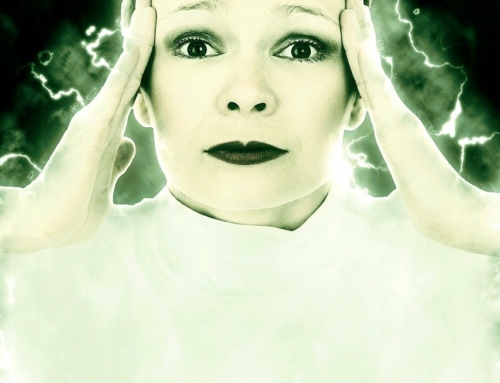My new patient questionnaire includes the symptom of brain fog. Many people comment that they never really thought of what to call it but when they saw it written it was a resounding YES, I have brain fog! The first time I experienced brain fog was in my late 30’s when I felt like my thoughts and words were having to push thru this thick, dense fog. Sometimes they got thru and other times they were just lost. I could still think and function. It just seemed harder than it had ever been before. Since opening my functional medicine practice over 13 years ago, I hear over and over the same story. If you have brain fog then you are not alone!
Brain fog is on a spectrum with trouble getting words out on one end to complete memory failure on the other end. When we have previously had super sharp minds and then start struggling we instantly think we are headed toward complete memory failure but there are many degrees of separation.
Read on to learn the many different reasons for brain fog and how to address it…
- Nutritional deficiencies: If you have a low vitamin B12 or low vitamin D you may experience what I have coined as “word inversions”. You are thinking one thing but something else comes out! Check your vitamin levels and replete as needed. I aim for a B12 above 500 and a D level above 60.
- Hormone changes: when the hormones start to change as they do with peri-menopause or andropause (the male version of menopause), the memory often dips. Perimenopause changes can start in the early 30’s but I often find the first big dip occurring between ages 37-41 and then things will level off for a bit and then the next big dip when you start menopause. For men, the hormone decline is typically much slower and often starts around 50 or later and can be much more subtle. Good news is that once the hormones level off, if everything else is optimal, then the brain fog will lift. You can also address these changes with hormone replacement therapy if needed though.
- Thyroid: if your thyroid is under-functioning (hypothyroid) then you may experience brain fog in addition to a multitude of other symptoms. Checking the TSH is not enough to determine optimal function. The free T4 and free T3 should also be checked and in optimal ranges. In addition, if you have thyroid antibodies then you have an autoimmune thyroid condition that can cause significant brain fog and symptoms even with normal thyroid levels. People with thyroid brain fog often feel and think better when they go gluten free. Just try it 100% for 3 weeks and see what you think…literally J
- Diet: Sugar & carbs like pastas, breads, etc are often culprits for not only brain fog but for many other symptoms. Pay attention to what you are eating and how you are thinking and you might just discover that you have a food link. There have been some literature reporting a connection between gluten and alzheimers so I highly recommend removing this food for a 3 week trial if memory is an issue.
- Stress: Today we are stretched in many different directions all at once. When we have a lot on our plate over a long period of time we can start wearing ourselves out. This in turn contributes to not only brain fog but fatigue and many other symptoms. Multi-tasking often contributes to brain fog so try focusing on one task at a time as much as you can. Anything you can do to decrease stress is also very helpful.
- Lack of sleep: if you are getting quality sleep you aren’t restoring. Sleep apnea is also a culprit in this area. Work on your sleep hygiene by turning off the computers, TV, phones an hour before bed. Keeping the room dark and cold helps, also. Maybe you need to work on some stress reduction techniques to help in this area, too!
- Combinations: sometimes it is not just one big category but small changes in several of the above categories. For me when I was in my late 30’s it was the combo of diet, stress and hormone changes. There wasn’t a single category that was a big deal but when I combined a little of this and a little of that it all piled up.
- Other: this category is quite broad and includes some serious issues including lymes, autoimmune issues, mold and unidentified infections. If you have other symptoms besides brain fog then get these checked out.
If you have brain fog, start investigating the underlying causes. If you have noticed a big change then don’t ignore it and don’t stop when your primary care doc tells you all the labs are “normal”.
To your health,
Laura









